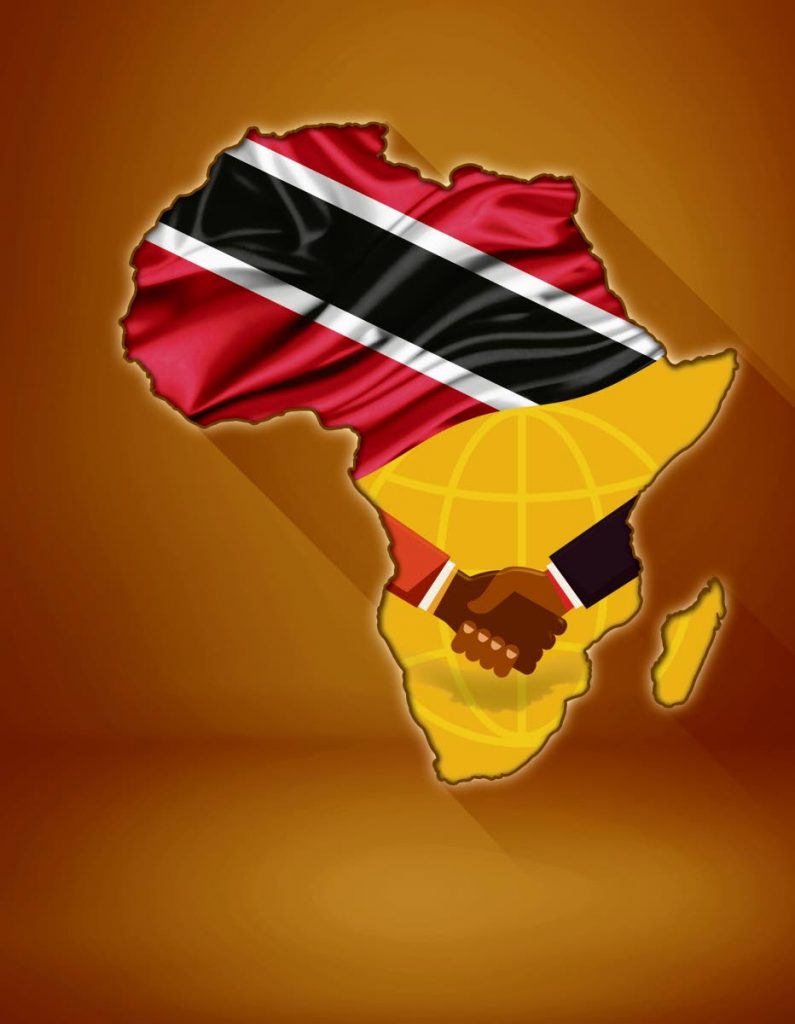Business Day Editorial: The road to Africa

Given this country’s rich and diverse relationship with the African continent, it’s surprising that there’s not more investment taking place between us.
For too long, Africa has been considered the Dark Continent, a colonial backwater plagued by disease, famine, war and economic strife. But now, it is emerging as one of the biggest opportunities for trade and investment in the world. Ghana, for example, with a growth rate for 2019 projected to be 8.8 per cent – nearly four times TT’s – has been declared by the International Monetary Fund to be the fastest growing economy in the world this year. Its neighbour, Cote d’Ivoire is predicted to have growth this year of 7.5 per cent and Ethiopia should grow by 7.7 per cent.
Other countries, like Nigeria and South Africa, the first and third biggest economies on the continent, don’t have projections as exponential as Ghana, but they are expected to grow 2.1 per cent and 1.2 per cent, respectively.
The barriers to entry for TT businesses are also fairly surmountable – as former British colonies the Caribbean and several African nations share similar systems of government and language. Culturally, Caribbean food, folklore, music, dance and even speech are heavily influenced by African traditions. Nigeria and South Africa also have diplomatic missions in TT, while TT has reciprocal high commissions in these countries.
The challenge then, seems to be the will to act. Perhaps distance and access to market is the biggest obstacle, as Trade Minister Paula Gopee-Scoon has suggested, since transport costs are expensive. But services aren’t necessarily so restricted, and as Ghana, for example, looks to enhance its energy sector, Trinidad’s experience can prove invaluable. Cote d’Ivoire is the biggest cocoa producer in the world, but it lacks a significant downstream industry, something this country has managed to transform in its own sector.
Strides are already being made, to be sure. Republic Bank, the Caribbean’s biggest indigenous financial services provider – and one of the most profitable publicly listed companies in the country – is the majority shareholder of Ghana’s former HFC Bank, now Republic Bank (Ghana) Ltd. The bank’s most recent financial statements suggest that its overseas investments are the driving force behind its billion dollar profits.
And in 2016, the Prime Minister made an official visit to Ghana, which was reciprocated last month when Ghana’s President, Nana Akufo-Addo made a state visit. Among the things discussed in his meetings with the Government were ways to improve relations in energy co-operation, tourism, health and education.
Africa is the new frontier for a TT looking to diversify its markets and opportunities beyond Caricom and even Latin America. According to the Brookings Institute, an American think tank, consumer expenditure on the continent has grown at a compound annual rate of 3.9 per cent since 2010 and reached US$1.4 trillion in 2015. This figure is expected to reach US$2.1 trillion by 2025, and US$2.5 trillion by 2030. The market size is a potential 1.7 billion people.
The Caribbean and Africa are both regions considered to be part of the global south, developing nations that have great potential as emerging economies. The United Nations sees co-operation between south-south nations as an accelerator for sustainable growth and practices, with mutual benefits in terms of development, including poverty reduction, knowledge transfer and trade. If TT can tap into Africa’s potential, and vice versa, it can be a win-win for all.


Comments
"Business Day Editorial: The road to Africa"